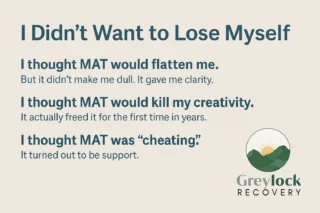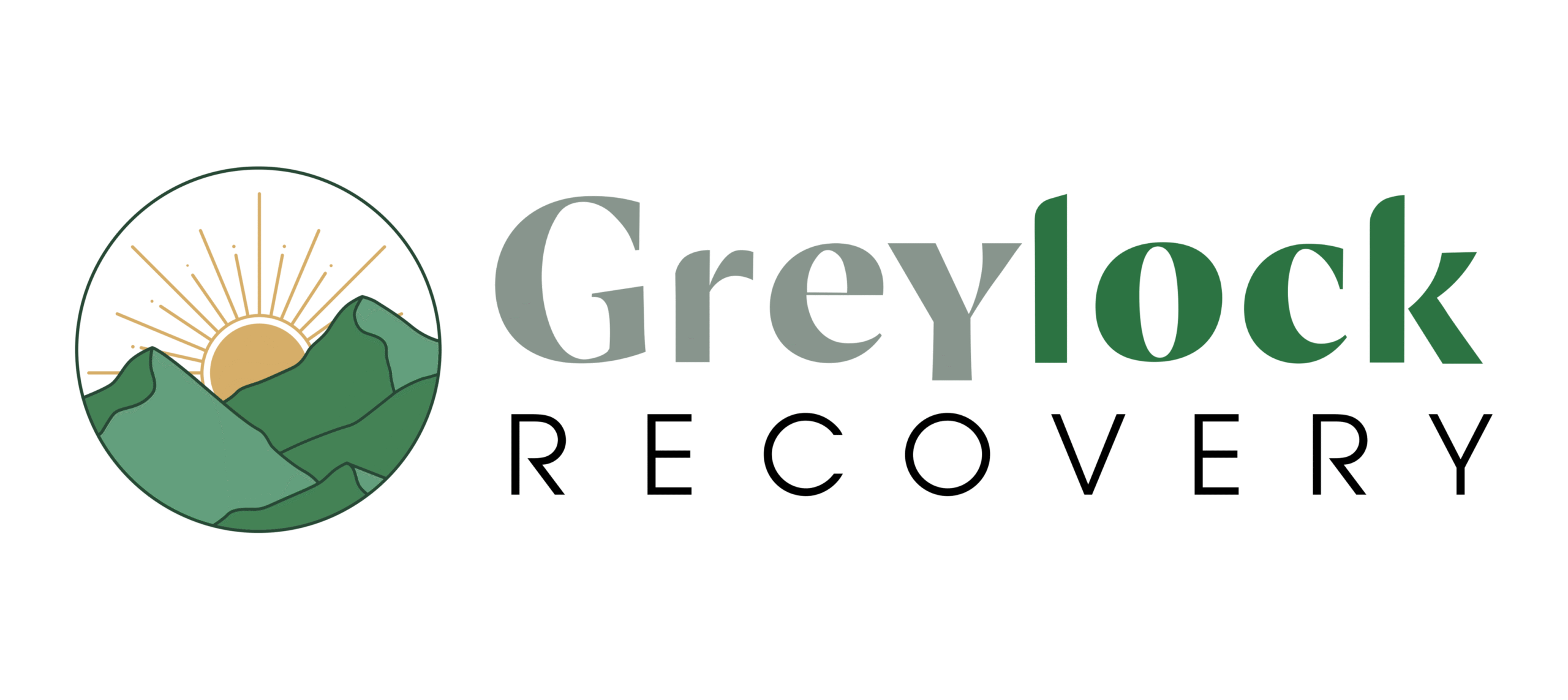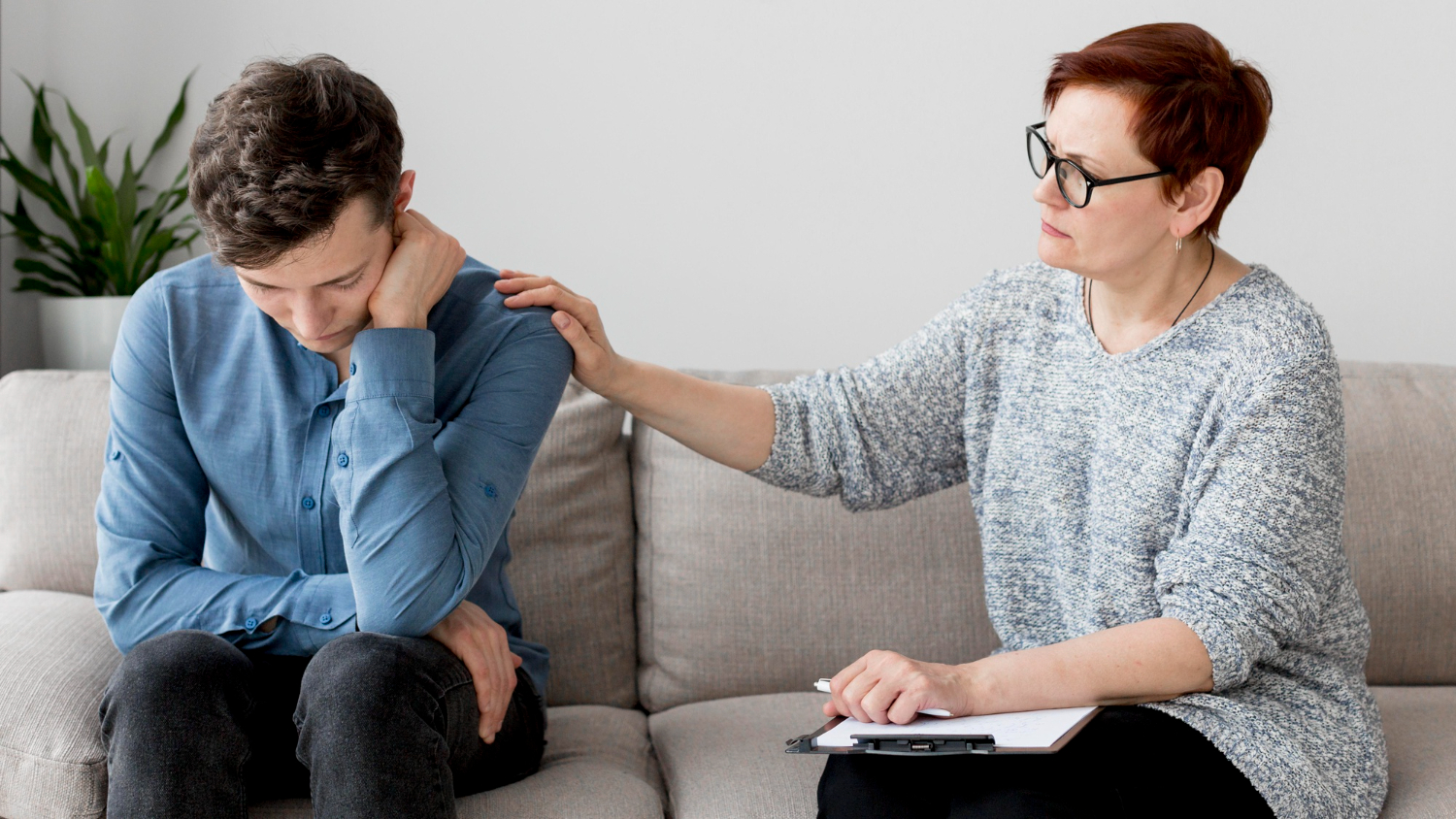I didn’t want to lose myself.
That’s the part nobody really said out loud, but it was always there, just under the surface. I wasn’t just afraid to stop using. I was afraid of what sobriety—and specifically medication-assisted treatment—might strip away from me.
Because substances didn’t just mess up my life. They gave me life, in a way. They gave me a version of myself I could tolerate. One that was louder, quicker, funnier, sharper. I thought they made me more creative, more passionate, more me.
When someone first brought up medication-assisted treatment (MAT), I felt defensive—like they were suggesting I flatten myself out. Like they were telling me to trade in all my color for a clinical gray.
But what I’ve learned is that MAT didn’t take me away from myself. It didn’t erase my intensity or kill my creative drive.
It actually gave me back the parts of myself I thought were gone for good.
I Thought It Would Flatten Me. It Didn’t.
In my mind, MAT was going to make me dull. I pictured myself moving through life like a background extra—no edge, no urgency, no fire.
What I didn’t realize was that I already felt flat. I was just so used to the highs and crashes that I mistook instability for aliveness.
When I started MAT, something surprising happened. I didn’t feel robotic. I felt clear.
The noise started to fade. The background panic that had been my constant soundtrack for years finally quieted. I could wake up without a full-body dread. I could eat, sleep, work, create—without everything being a battle.
And for the first time in forever, I had access to myself.
I Thought MAT Would Kill My Creativity. It Actually Freed It.
I used to believe I needed the edge to make art.
Late nights, altered states, big messy feelings—that was the fuel. That’s what gave me the ideas, the vision, the words. And when I imagined giving that up, I panicked. Who would I be without the chaos?
But here’s what they don’t tell you: creativity doesn’t come from chaos—it comes from access.
I wasn’t creating from inspiration. I was creating from desperation. The work was intense, sure—but it was also often incoherent, unsustainable, and rooted in pain I hadn’t dealt with.
Now? I still create. But from a place of steadiness, not suffering.
Greylock’s MAT program helped me find my baseline again. And from that place, I could tap into creativity that was honest—not performative. I didn’t have to bleed for it anymore.
I Thought MAT Was “Cheating.” It Turned Out to Be Support.
There’s this toxic idea that recovery has to be hard to count.
I bought into that for a long time. If I wasn’t white-knuckling it, was I really doing it? If I needed medication to get through the day, was I really sober?
Here’s the truth: recovery isn’t a competition. There’s no prize for doing it the hardest way possible.
MAT isn’t about shortcuts. It’s about supporting your brain and body while you do the real work of recovery. And for me, it made that work feel possible for the first time.
It didn’t numb me. It steadied me. And I needed that more than I knew.
I Thought I’d Lose Control. I Actually Gained It.
This one caught me off guard. I always thought I used because I was in control of my own narrative. Substances made me the author of my own energy, my own emotions, my own timeline.
But the truth is, I wasn’t in control. I was reacting all the time—chasing a feeling, escaping a crash, covering up the parts of myself I couldn’t sit with.
MAT gave me the space to pause. To choose. To not follow every urge like it was a command.
It gave me response time.
Instead of bracing for impact every morning, I could check in with myself and decide how I wanted the day to go. And that small shift—getting to choose—changed everything.

I Thought I’d Lose My Voice. Instead, I Found It.
This one surprised me the most.
I thought my “voice” was rooted in pain and volatility. That the only way I could write, speak, connect, or perform was by tapping into the parts of me that hurt the most.
But I was wrong.
The pain was real—but it wasn’t the source of my voice. It was just the loudest thing in the room.
MAT helped me lower the volume on the fear, the cravings, the self-doubt. And in that quieter space, I could actually hear myself clearly.
And what I found was… I liked that person. I respected that voice. It was stronger than I’d ever realized.
MAT Didn’t Strip Me Down. It Helped Me Build Something New.
This part matters: MAT didn’t turn me into a new person. It just gave me the tools to actually be me—without the chaos, without the crash, without the constant emotional hangover.
What I’ve built since then isn’t perfect. But it’s mine.
I’ve written more. Loved better. Taken deeper breaths. Held harder feelings. Connected with people who see me, not just the version I used to perform.
If you’re afraid medication-assisted treatment will take something away from you—I hear you. That fear is valid. But I hope you’ll leave room for the possibility that it might also give you back more than you thought was possible.
FAQ: Medication-Assisted Treatment and Identity
Does MAT numb your emotions?
No. MAT doesn’t shut off your emotions—it helps regulate them. It gives your brain a chance to function without the extremes of withdrawal and craving.
You’ll still feel things. But you won’t feel like you’re drowning in them.
Can I still be creative while on MAT?
Yes—absolutely. In fact, many people find that their creativity improves because they’re finally grounded enough to follow through on their ideas.
You may discover a whole new creative process you didn’t even know was possible.
Is MAT just substituting one drug for another?
That’s a common myth. MAT is medically supervised and designed to stabilize—not intoxicate. The goal is not to create a high, but to reduce harm and support long-term healing.
Think of it like insulin for diabetes: it’s not cheating—it’s treatment.
What if I don’t want to be on MAT forever?
You don’t have to be. Some people use it short-term, others longer. Greylock Recovery works with you to create a plan that matches your goals. MAT isn’t one-size-fits-all.
It’s a tool—not a sentence.
If You’re Still Not Sure—That’s Okay
You don’t have to be sure. You don’t have to be ready to commit forever. You don’t even have to call it “sobriety” if that word doesn’t fit yet.
But if you’re wondering—if you’ve ever asked yourself, “What if I could feel better without losing what makes me me?”—then you’re already on the edge of something worth exploring.
Medication-assisted treatment didn’t steal my soul. It helped me stop performing pain and start telling the truth.
You deserve that same chance.
Want to Talk It Through?
Call (413) 848-6013 to learn more about our medication-assisted treatment services in Williamstown, Massachusetts. You don’t have to choose between who you are and getting help. We’re here to help you keep what’s real—and release what’s hurting you.


